The Cold Process Method To Making Soap: What It Means And Why It Matters

At Edens Garden, we are committed to making sure our bodies are nourished and exposed only to revitalizing beneficial ingredients. Edens Garden natural bar soap incorporates 100% pure essential oils through a cold processed soap method to ensure all therapeutic benefits are kept intact.
Your skin is the largest organ in your body, tasked with protecting your delicate insides from the elements. It is also a good absorber, making it a significant gateway into the bloodstream.
The lotions, soaps, and deodorants that we expose ourselves to on a daily basis may contain unwanted toxic fragrance oil and synthetic chemicals. And in today’s blog, we’re discussing why cold process soap, also known as “CP soap,” is a better alternative for your health and for your skin. Read on to find out more.
The Cold Process Method To Making Soap: What It Means And Why It Matters
Without the cold process soap method, we would not be able to provide exceptional natural bar soaps. Here’s why.
What Is Cold Process Soap?
All soap is the result of a chemical reaction called the saponification process, that occurs between a lye solution and a fat or oil (such as Olive oil, Palm oil or Coconut oil). After the lye water and oils are combined, soapmakers pour soap into molds. It takes 24 hours for soap batter to saponify and enter the gel phase. Once removed from the soap mold, they dry for an additional 24 hours before being cut into individual bars of soap.
Cold processed soap, in particular, allows the lye mixture to be neutralized without any outside sources of heat, called “curing”. This is quite a time-consuming process that allows for gradual saponification. It can take 4-6 weeks for the soap to cure. The lack of heat keeps the essential oil intact and in perfect condition to lather you in therapeutic goodness.
When you cold process soap, the fatty acid of the oils are broken down by the caustic soda.[1] They then form a chain which, on one end loves water, and on another end, loves oil. You can see these chains in action while you’re lathering up. The oil-loving end grabs on to the dirt and grime, and the water-loving end hangs on to the water that rinses it all away.
On top of the oils necessary for soapmaking, we also plump up our soap with extra vegetable-based fats to ensure there is plenty left to remove any remaining lye. The extra fat or “super fat” remains intact, providing the moisturizing qualities we all love.
In contrast, hot process soap making is all about much more immediate results. Instead of placing the soap in a mold to cure, the liquid is placed in a heat source and heated until cured. Cold process soap making has the advantage of a gradual, more natural chemical reaction, resulting in a more nourishing, skin-compatible soap.
Edens Garden Handcrafted Soap Vs Commercial Soap
The FDA defines soap as a product composed of fats and an alkali, such as sodium hydroxide.[2] This is why many commercial brand products avoid the word “soap” on their labels, and instead use terms like “cleansing bar” or “moisturizing bar.”
Many cleansers made without lye and fat are actually detergents. The cleaning action is done by synthetic chemical ingredients known as surfactants. Synthetic detergents such as dish soap, liquid soap and shampoos are very good at removing dirt and oils, oftentimes stripping skin of its natural oils and leaving it feeling dry and itchy.
Cold processed soap differs from industrially made cleansers, in that they contain an excess of saturated fatty acids and glycerin which act as moisturizing agents.
Over-the-counter soap is often made using a continuous flow method where the soap base is reused over and over again, with filler ingredients added. Fragrance oil is also added, which companies are not obligated by the FDA to disclose, meaning these products could contain harmful chemicals.
Edens Garden’s handmade soap never uses fragrance oils or mystery ingredients, so you can smell great and have peace of mind knowing you haven’t exposed your body to any harmful chemicals. Our natural soap recipe incorporates essential oils packed with amazing benefits on top of beautiful aromas. Lavender has skin-nourishing qualities as well as therapeutic benefits. Lemongrass is crisp and refreshing, while also containing anti-microbial properties. There is ultimately so much more to gain by making the switch to natural soap.
Cold Processed Vs Milled Soap
Milled soap takes cold processed soap a step further. In order to make a milled soap bar, the natural skin-loving glycerin is removed from the original product to avoid gumming up the machinery. The soap mixture is then shredded, separated, ground back together and put through a machine (often with synthetic lubricants) up to three times to form a bar made out of soap flakes.
Many milled soaps are also made with animal fats and synthetic ingredients and fragrances are added to help the soap survive the machinery and to make the soap shiny.[3] Good cold processed, glycerin soap is made from scratch in small batches using artisan traditions. Although the same basic raw materials are used in triple-milled soaps, only cold processed soaps retain all of the glycerin that is necessary to make a moisturizing, skin-loving soap.
SOURCES:
- Glossary of Soap-Related Terms. https://www.soapguild.org/how-to/make-soap/soap-glossary.php
- Frequently Asked Questions on Soap. https://www.fda.gov/cosmetics/cosmetic-products/frequently-asked-questions-soap
- Tallow Soap Making. http://www.soap-making-resource.com/tallow-soap-making.html
Grab The Essentials Here:
Leave a comment (Comments will be approved before showing up)
4 comments
Kass
This is great, and I’m sure the soaps are wonderful, but $11 for a single bar seems a little high. I can get artisan cold-process soaps with essential oils for $5 locally!
Edens Garden
Hi Archana! Thank you for your feedback–we will pass this along to our marketing team 😊
ARCHANA SACHIN KULKARNI
I am cold process soap maker and would be interested in the articles related to essential oils colour or overall process
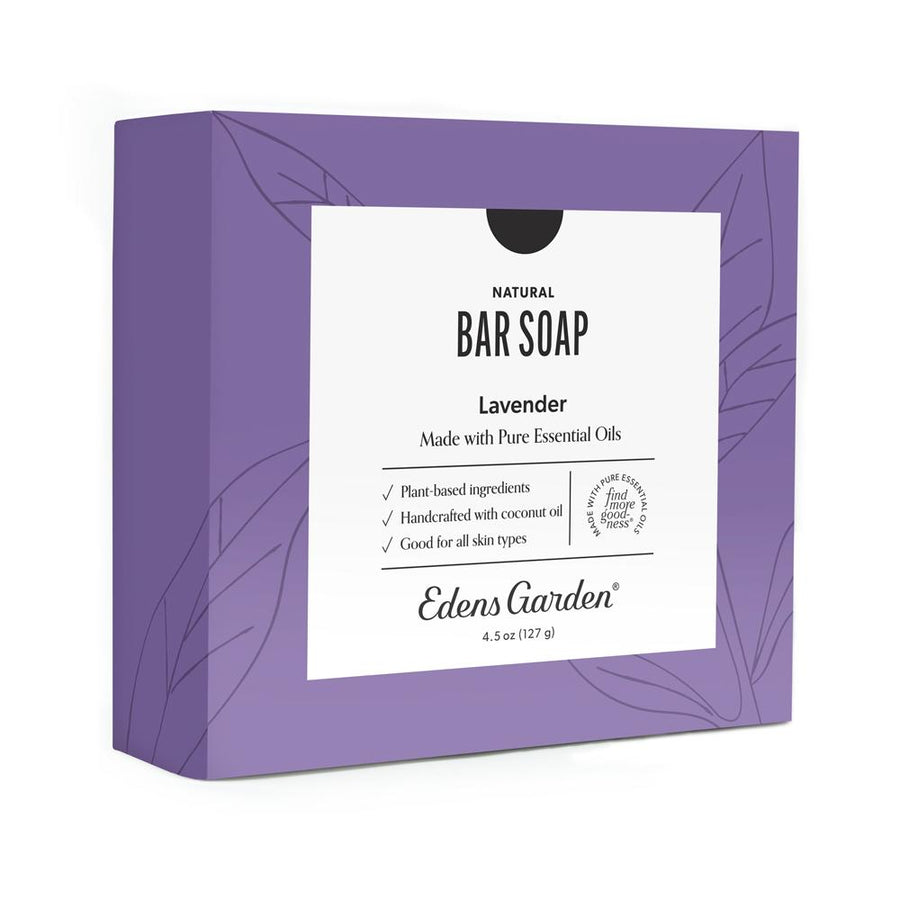
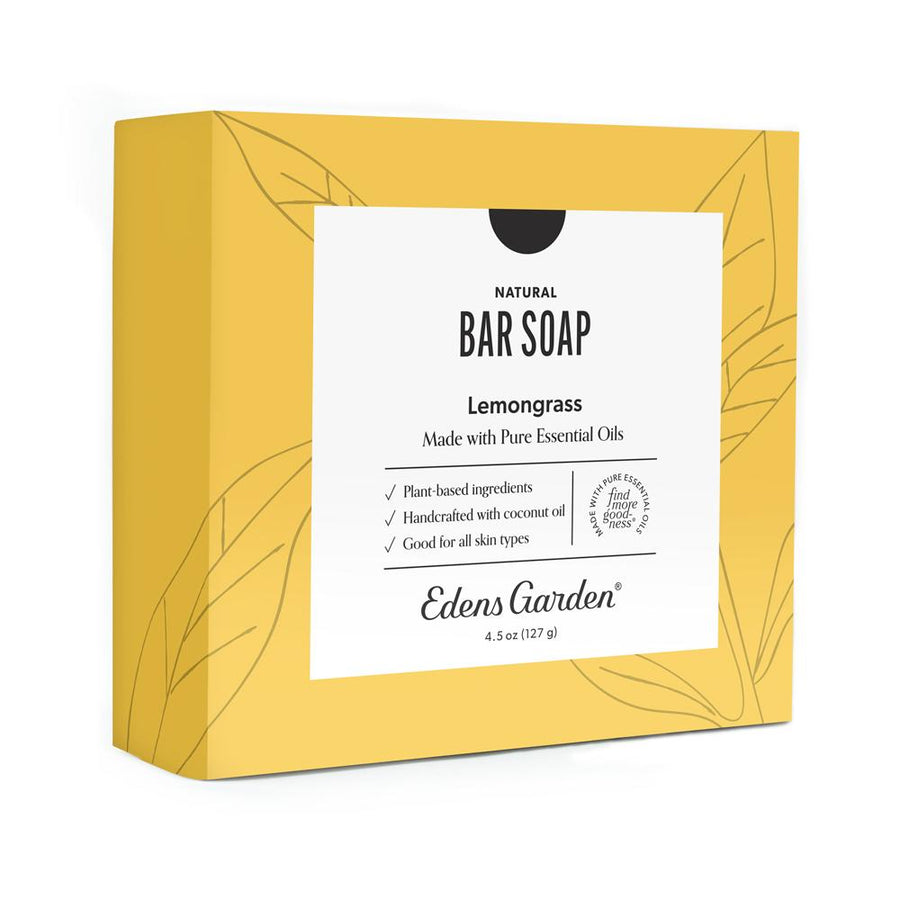
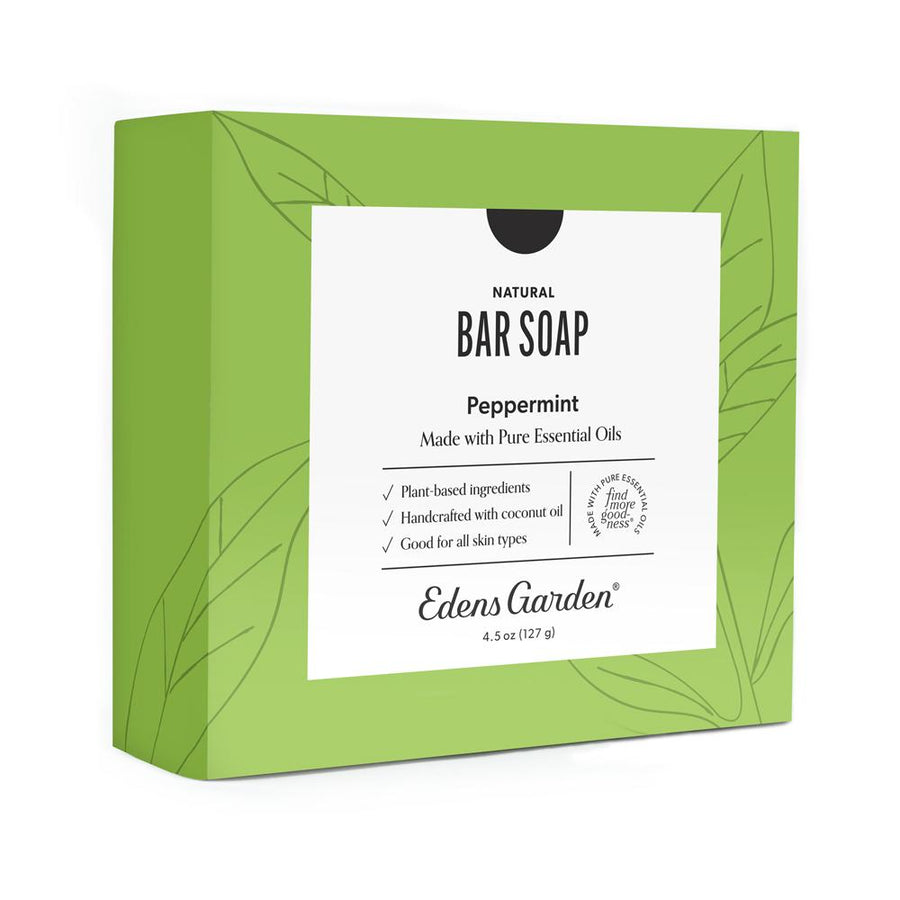
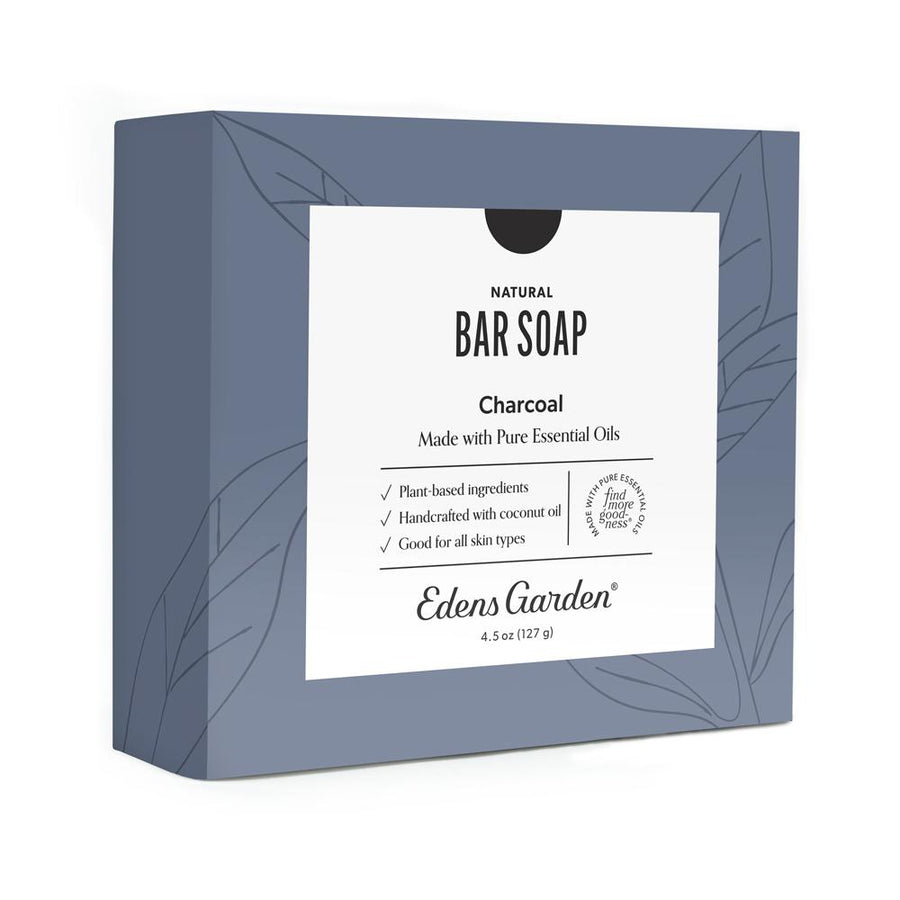
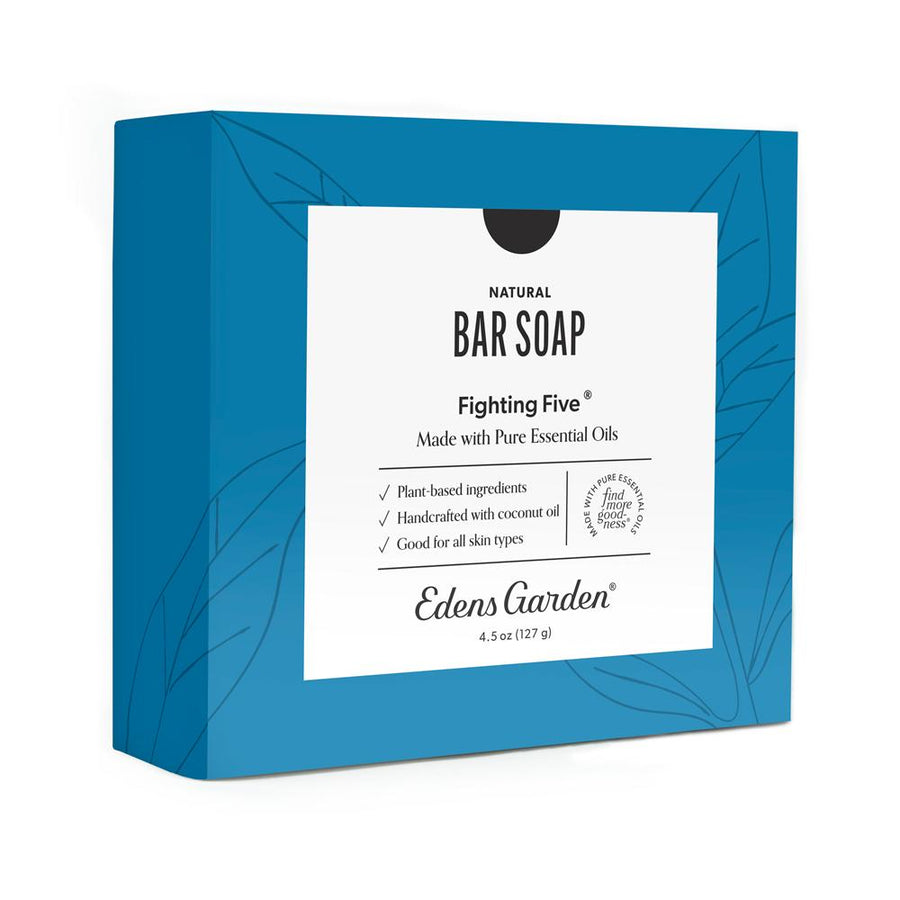
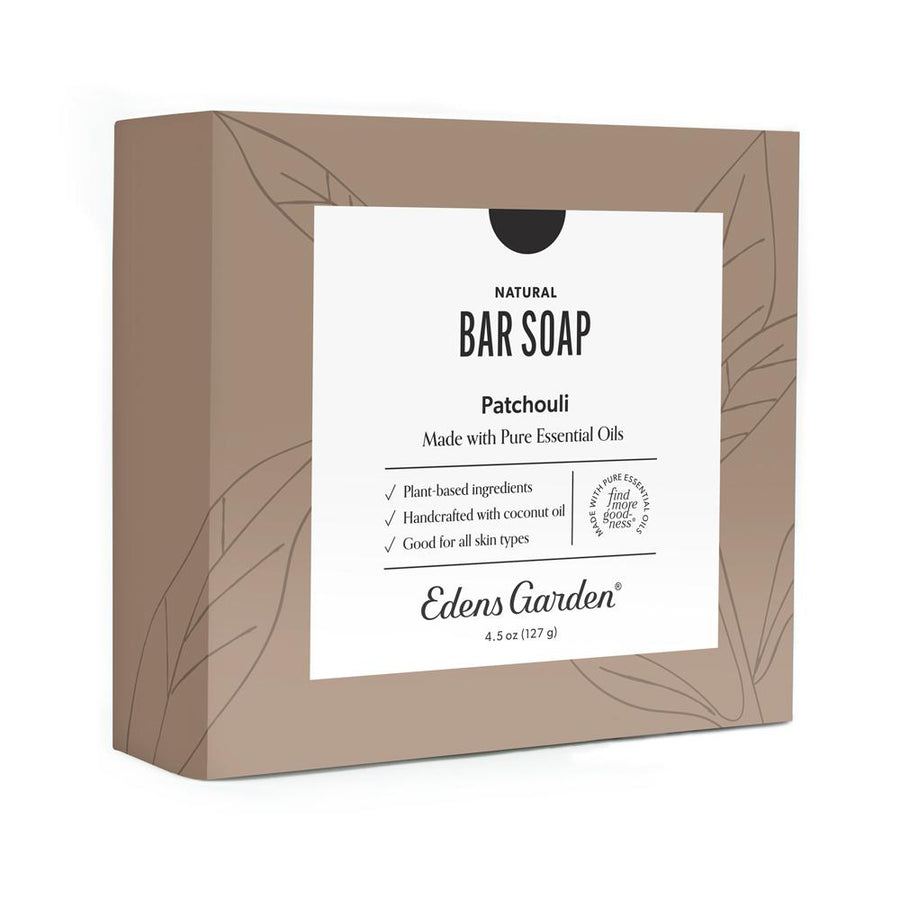





Tammy
April 5, 2022 at 10:15 am
I have to agree that the soaps are high priced. I can also get my cold processed soaps locally or from another on-line company for about $5-6.00 a bar. That makes it pretty hard to justify spending twice as much to purchase them from here.